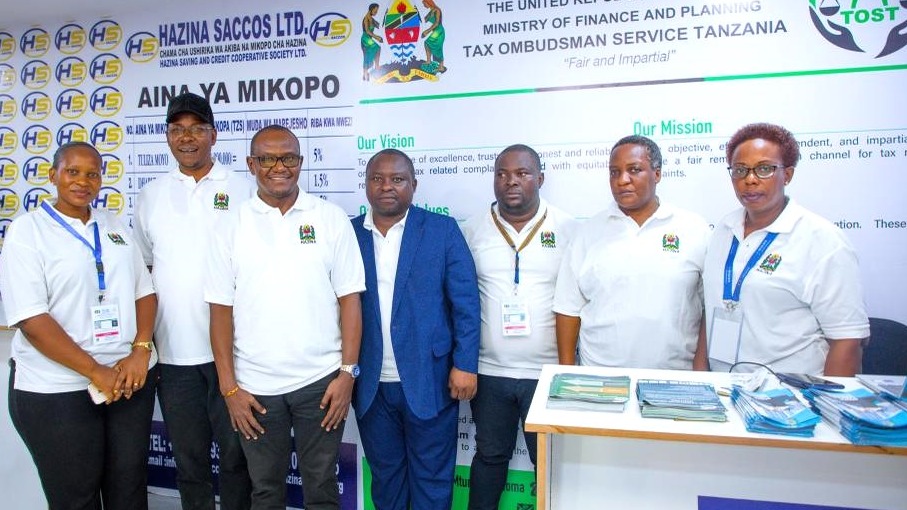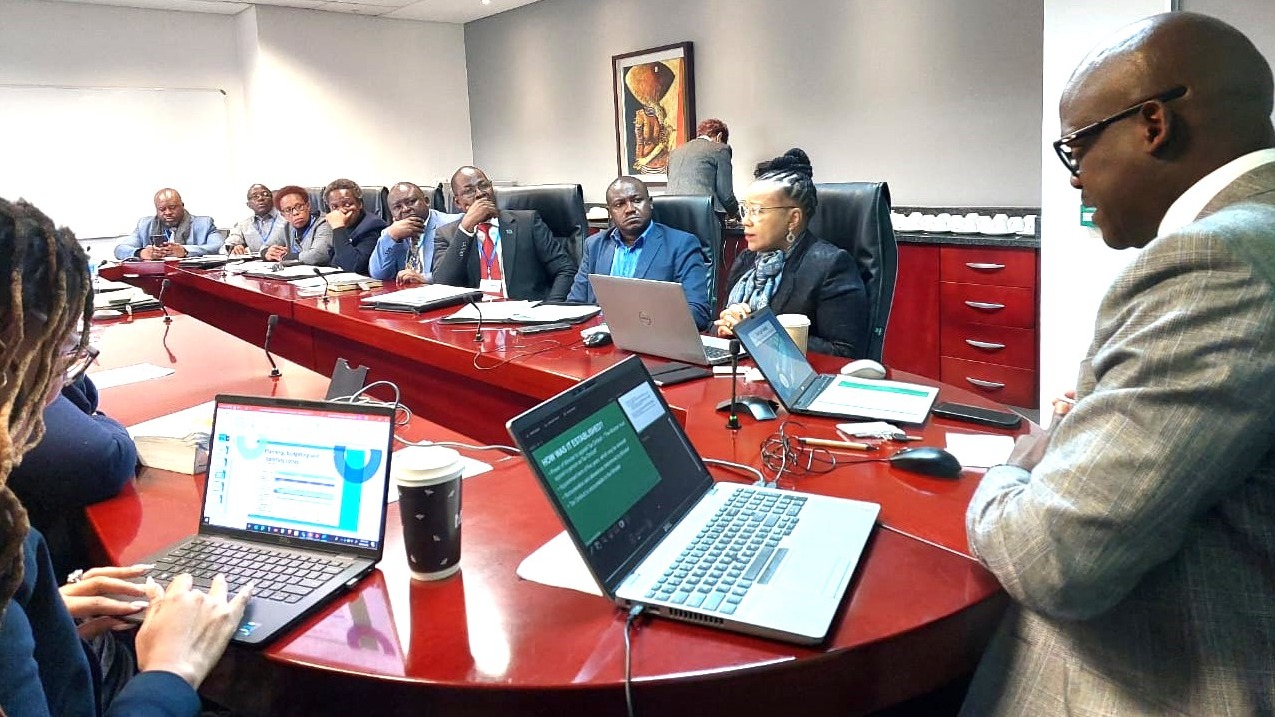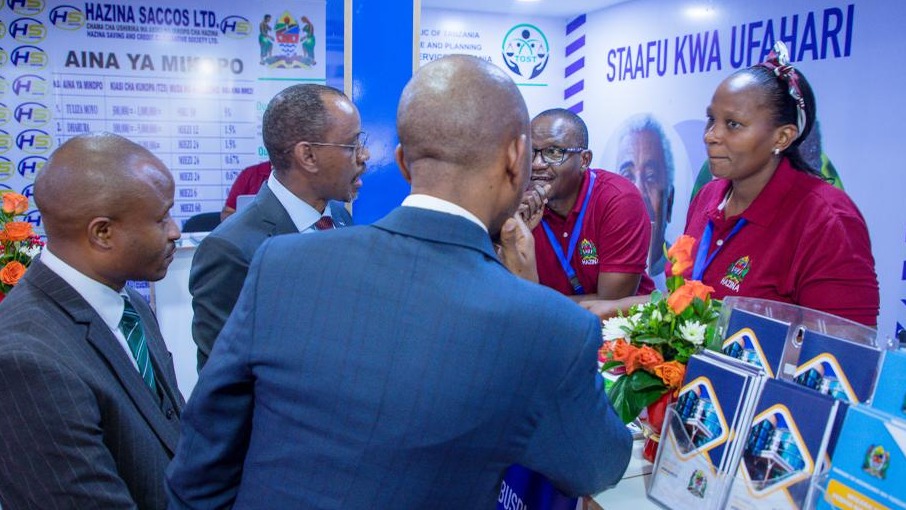SUGGESTED RESEARCH TOPICS FOR IMPROVEMENT OF THE TAX OMBUDSMEN SERVICES IN TANZANIA
SUGGESTED RESEARCH TOPICS FOR IMPROVEMENT OF THE TAX OMBUDSMEN SERVICES IN TANZANIA
AUGUST 2023
BATCH NO.1
- Adaptation of the Tax Ombudsman Services in the Tax Administration system; a panacea to maladministration of the tax laws.
- Tax Ombudsman complaint resolving methodologies are justified by the prevailing circumstances regardless contravention of tax-laws.
- The effectiveness and efficiency of the Tax Ombudsman services are highly dependent on the proficiency and work experience (quality) of her personnel.
- Online and virtual interactions in resolving tax complainants constitute the most modern, effective and efficient means to serve the general public.
- Cooperation between Tax Ombudsman office and Tanzania Revenue Authority (TRA) is necessary for improving tax administration system.
- Restricted scope of the Tax Ombudsman Services to procedural, service and administrative matters suffices to reduce tax Complaints.
- Ombudsman philosophy now applied across industries worldwide in resolving industrial disputes through mediations/reconciliations is effective and efficient.
- There is a significant number of complaints pertaining to procedural, service and administrative matters in the administration of tax laws.
- The preconditions stipulated before submission of tax Complaints to the Tax Ombudsman Office are necessary for harmony in the tax administration.
- The TRA internal complaint handling process is effective and suffices to review for resolution of tax complaints in the tax administration system.
BATCH NO. 2
- Tax Complaints against arbitrary or fictious tax assessments can effectively be resolved through Tax Ombudsman without affecting revenue collections.
- Customs Valuation of imported goods is not necessarily the Commercial price transacted between importer and seller of goods in the country of exportation.
- The use of Valuation data base by Customs in the determination of the valuation of imported goods is a violation of the WTO valuation Agreement.
- Importers of the overstayed goods have a stake in the auction sales proceeds being distributed by Customs and is justly managed by Customs.
- Manufacture Under Bond (MUB) is a Customs process which is properly administered on manufactured goods which are sold in the Local Market.
- Clearing and Forwarding Agent (CFA) is a culprit for recovery of duties on diverted/stolen Transit goods while under conveyance to border exit stations.
- It is exclusively necessary that the Clearing and Forwarding Agent (CFA) must execute Customs Bond Security for conveyance of goods under Customs controls.
- Empirical experiences on law enforcement for recovery of the tax liabilities through use of Agency Notice or Attachment of assets violate taxpayers” rights.
- Seizure of assets and business records at subjects’ business premises at the outset of the tax investigation exercises is a norm which applies to all taxpayers.
- Targeting a business entity for Tax investigation exercise without any clear risk alerts on a person is a world-wide practice yet undesirable.
- Subjecting a business entity to yearly Comprehensive tax audit exercises is a world-wide undesirable practice.
BATCH NO 3
- Corrupt practices in the administration of Tax laws are a resultant of the ingrained reluctancy of the tax population to pay their rightful tax liabilities.
- Corrupt practices within Tax Administration Systems in sub-Saharan Africa are subject to applicable tax rates and multiplicity of taxes on taxpayers.
- Reduced tax rates and multiplicity of taxes on a business entity, trigger a compensatory expansion of the tax base and improved voluntary tax Compliance.
- Excessive complaints against a Tax Administration System are attributed to multiple factors worth exploration.
- Complaints by Taxpayers against tax personnel of a Tax Administration can be attributed to multiple factors worth exploration.
- TOST and TRA are a left and right hand of the same body which synergistically subscribe to the same goals yet look antagonistic.
- The expanding informal business sector, a sole cause for presumptive or arbitrary tax assessments which prompt complaints against a Tax administration system.
- Where revenue collection efforts are geared by the philosophy, “the end justifies the Means”, Tax Ombudsman Services are a fiasco.
- Without a balanced approach to protecting rights and obligations of taxpayers versus duties and responsibilities of taxmen, tax collection efforts will suffer.
- Remuneration and incentive package for Tax Ombudsman personnel need to equal or even surpass that of the personnel of the Revenue Authority.
BATCH NO. 4
- Tax debts which are created based on unilateral tax assessment on a person lead to unfair and improper tax liability; hence a source of tax arrears.
- The verification process of TRA for refund claim eligibility is by design denying taxpayers rights to claim interest on delayed repayments.
- Unprocedural consolidation and deconsolidation of imported goods, a large tax evasion scheme perpetrated contrary to standard world-wide practices.
- Non-keeping of business records by a significant number of business entities, a deliberate tax evasion scheme in the Tax Administration System.
- Ineffective procedure for Carriage and Transfer Coastwise of goods in Tanzania a cause for rampart smuggling activities along the coastline.
- Uncontrolled smuggling activities a trigger for EFD failure and tax evasion practices leading to market distortions and low voluntary tax compliance.
- Adequate legal framework for Tax Ombudsman office and services, the basis for efficient and effective performance.
- Tax Policy which bred the legal framework for establishment and operationalization of the Tax Ombudsman office, an icon for national objectives.
- Intuition breeds the use of a trial-and-error modus operand which is prone to misallocation of resources, objectively researched solution is pragmatic.
- Ill-motivated tax complaints/disputes contemplated to linger settlement of the established tax liability; a reason for a fast complaint resolving mechanism.




